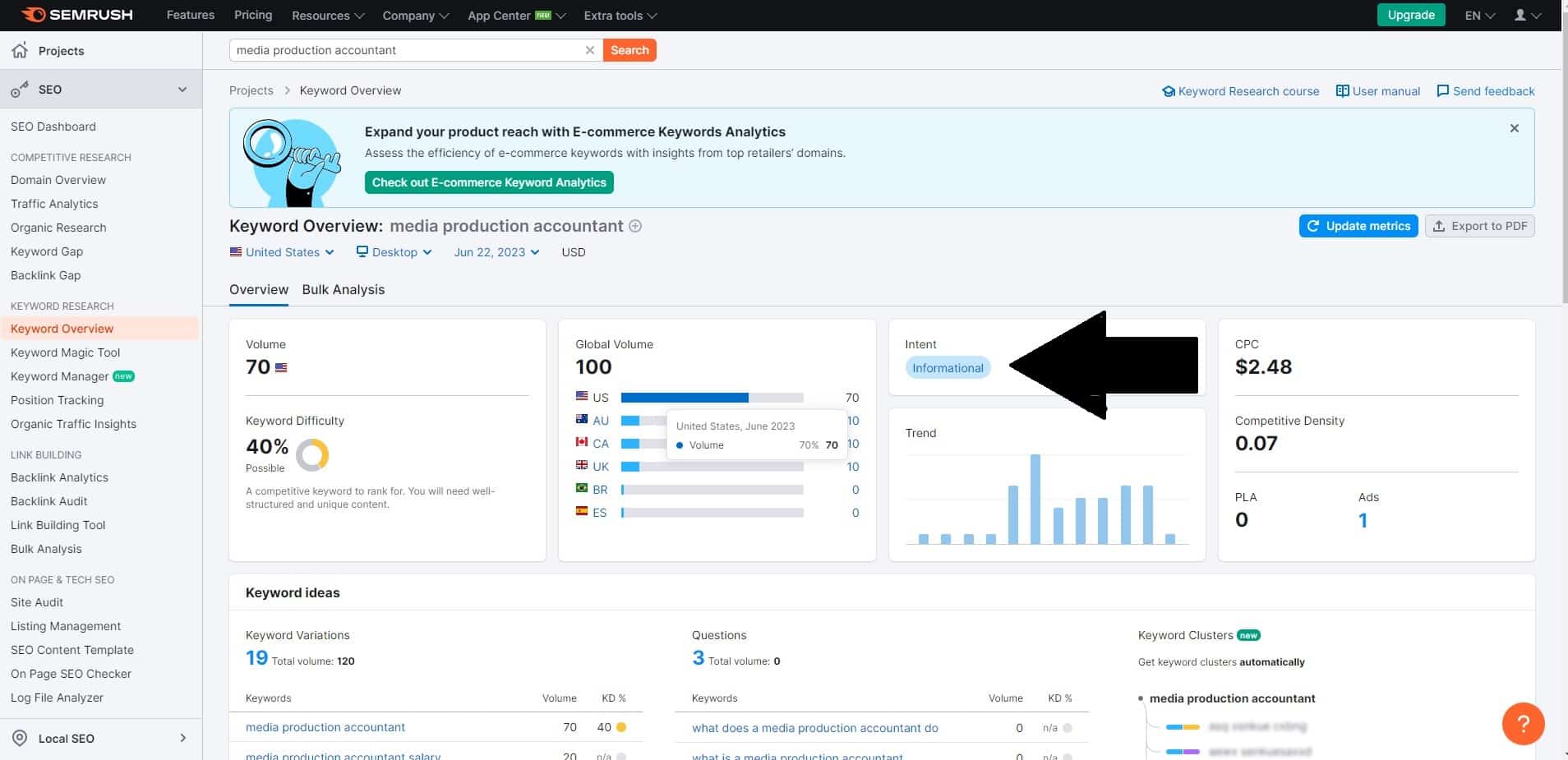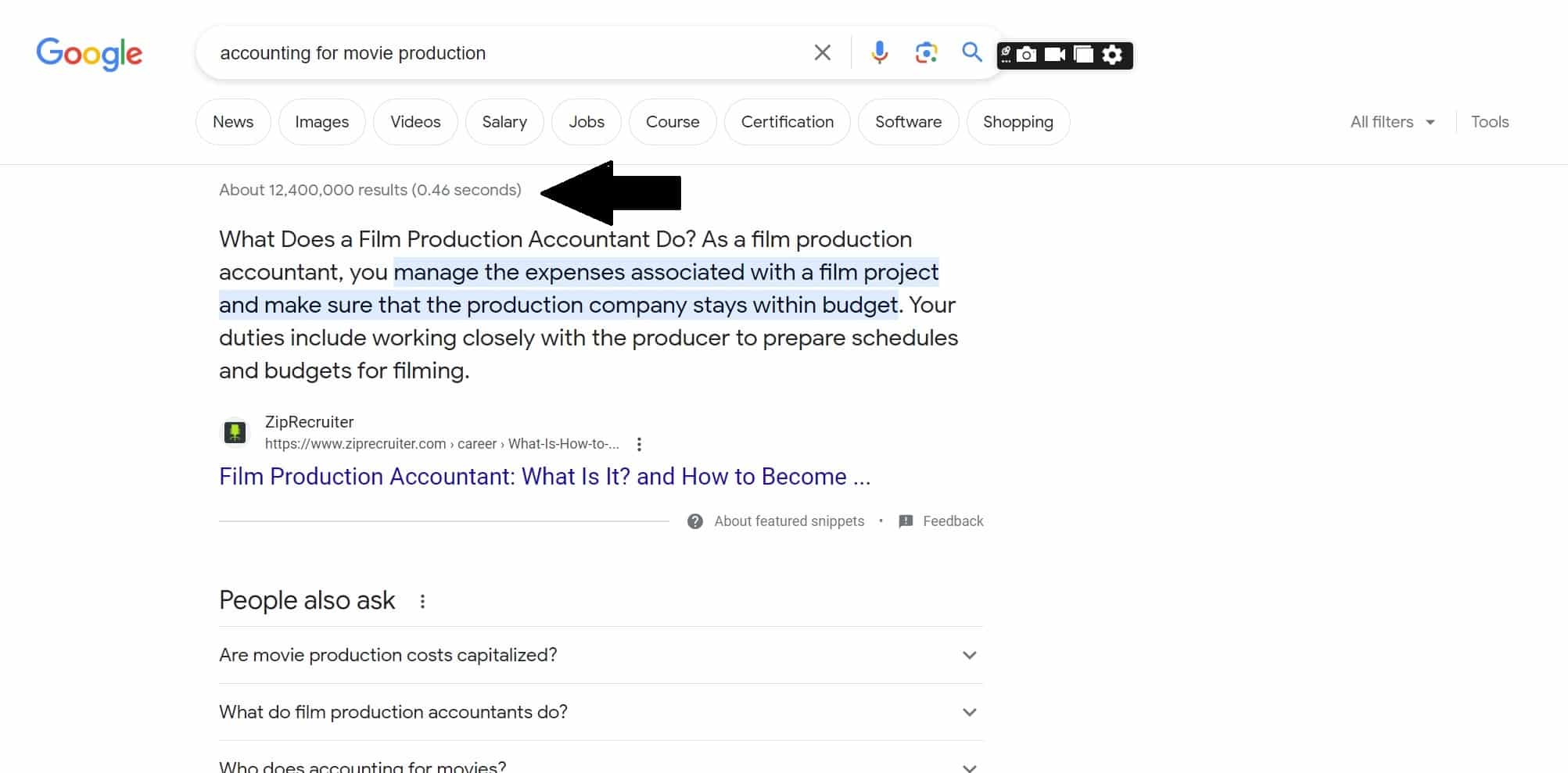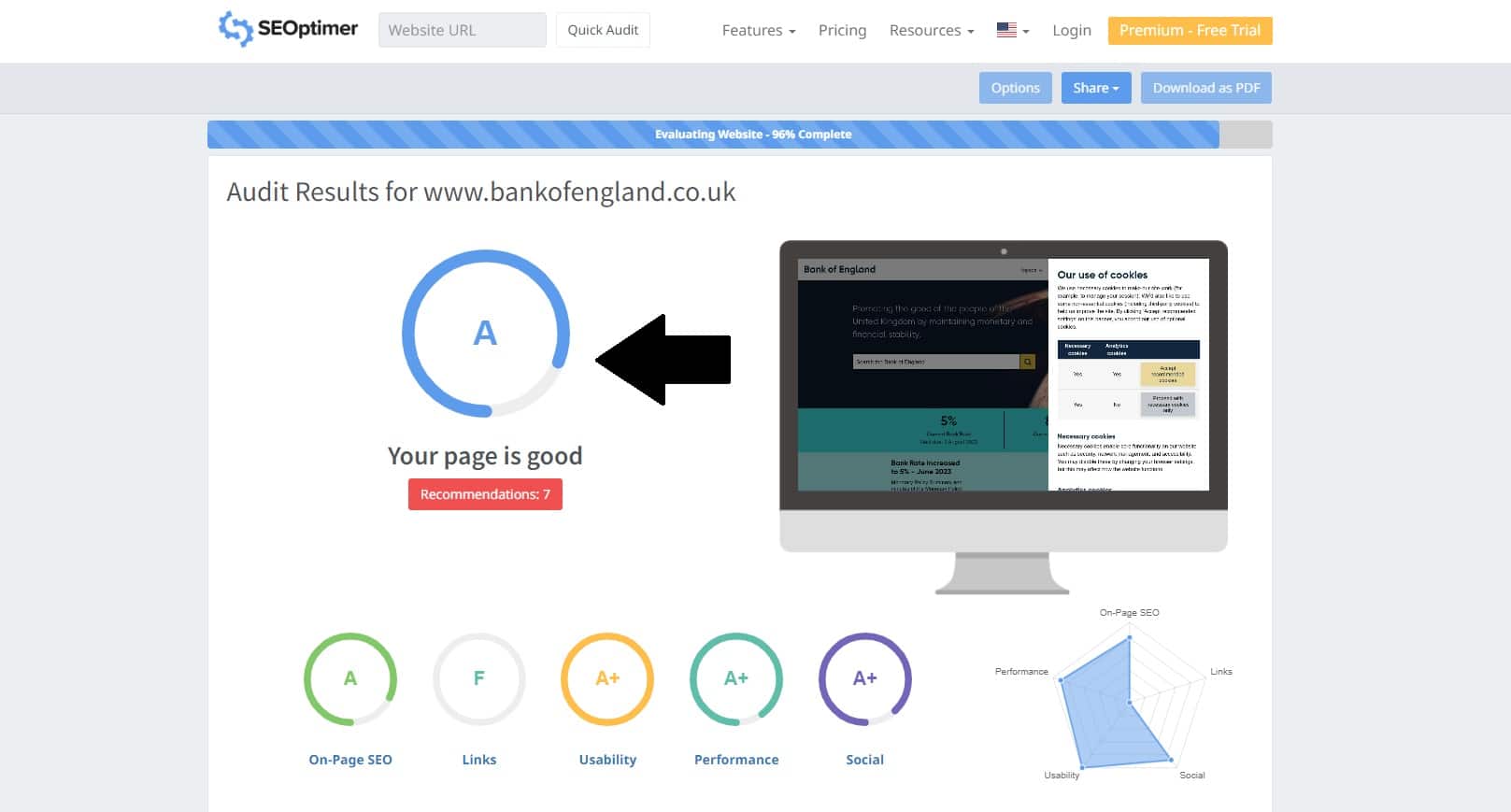If you’ve started exploring a few SEO basics for your website, you’re beginning to choose keywords for blog posts and landing pages. You might be using the Yoast SEO plugin for WordPress, or filling in meta tags on your website.
Any keyword you choose is going to help you focus your content and communicate clearly with Google and other search engines.
But you’re wondering whether you’re choosing the right keywords, and how much difference it might make if you spend more time evaluating keywords. You’re wondering how to know what keywords are better for SEO.
Keyword evaluation & research is usually something to look at after quite a few other areas of both SEO and marketing have been prioritized. In most cases, it’s simply not the highest priority to invest time in keyword research. If you’re putting out really engaging content and have identified a a relevant keyword to use in meta tags, you’re 70% of the way there.
But if you’re ready to go that extra 30%, you need to use a deeper evaluation to determine whether a keyword is going to help you get more of your ideal clients to your website. This means you need to look at whether that keyword is searched often, whether your ideal clients are using it, and whether you have a good chance at coming up high in search results if you use that keyword.
Here’s how we evaluate a keyword:
Keyword intention eliminates the worst keywords
The first factor to consider with a keyword is intention. Keyword intention refers to whether a person who is searching the keyword is actually intending to get the landing page you’re serving up. When I put in a particular keyword or search term, does your landing page deliver what I’m looking for? Google is smart enough to evaluate how often this is true. It knows whether the landing page is the one the searcher wanted based on the amount of time spent on the page, whether someone clicks back to search results, and a number of other factors that involve programming and algorithms and, soon, artificial intelligence.
At a very basic level, Google separates intent into four categories:
- Informational: asking for answers to a question
- Commercial: investigating brands/options for services
- Transactional: intending to make a purchase
- Navigational: looking for a specific site or page
Why keyword intention matters
If you don’t evaluate keyword intention, you could invest in a keyword (either with your time writing and publishing a blog post, or literally with ad spend) and when Google gets to your content it thinks, in the words of Inigo Montoya, “I don’t think that word means what you think it means.” The way Google and Google users are using a keyword might not match what you intend to be using it for, and you can figure that out be evaluating keyword intention.
How to evaluate keyword intention
For our purposes, we want to go a bit deeper than choosing which of Google’s categories a keyword falls into. In most cases, the keywords you’ll be looking at will be informational or commercial, but we need to know more than that. You can confirm whether keywords are informational or commercial using any number of online tools. For example, entering a keyword on SemRush will quickly give you that answer:

Evaluating intention is the least scientific and most artistic of all the factors we’ll explain how to evaluate in this article. There’s isn’t an app or a number you can use to decide whether a keyword has the right intention. You’ll need to be thinking through a couple of things.
First, you’ll want to evaluate whether the keyword is relevant to your audience. For example, if you’re searching for the right keyword to target people in the film production industry who need an accountant, you could potentially use keywords like:
- Media production accountant
- Accounting in film industry
- Tv production accounting
- Accounting for movie production
- Film production accounting
- Production accounting for film and television
- Film industry accountant
Let’s consider the keyword “film production accounting”. Is the person who is searching that keyword usually looking for an accountant who specializes in the film production industry, or are they more likely looking for the definition or explanation of what accounting in the film production industry includes? If it’s the former, it might be a good keyword for your homepage. If it’s the latter, it might be better to direct them to a blog post.
You can see there is nuance involved here. Evaluating the intention behind a keyword means you’re thinking through how the keyword fits with your services.
The questions to ask yourself about this keyword are:
- Is the keyword actually targeting your ideal clients?
- Is the keyword what your ideal client would use to search for you?
When you can answer both of those questions with yes, you’re ready to move into spending more time evaluating a keyword. If you hesitate to answer yes on either of those categories, move to a different keyword.
Low competition means you’re more likely to show up
Competition index is a scale of 0-100 used by Google to show you how competitive a keyword is for advertising. It’s actually a measure of the number of Google ad slots filled for this keyword vs. the total number of ad slots available.
For example, if a keyword has a competition index of 30, that means 30% of the ad slots are filled for that keyword – which means not many people are interested in having their site come up high for that keyword. If 95% of the ad slots are filled, that means lots of people are paying for their website to come up high for their keyword.
Why competition index matters
If you choose a keyword that has lower competition (fewer people competing to use that keyword) than another, your page or site is more likely to show up higher and more often in the search results when someone searches using that keyword.
If there are fewer websites trying to rank high for the keyword you’re using, you’re going to find it easier to come up higher on the list of results for that keyword.
If you’re able to show up higher in the list of results, and more often in that list, that means more visitors to your site.
How to evaluate competition index
The lower the competition index, the lower the competition on a keyword.
Google’s adwords keywords planner dashboard will give you the competition index. The index provides you a good base to consider whether you need to evaluate further, but again it’s only a base. Use the next few paragraphs to dig deeper into the competition for a keyword.
We usually like to see a competition index of below 40 or so for the industries we’re working in. The lower the better, of course!
A lower global number of search results means less competition
When you type in a keyword, Google will provide you with pages and pages of results. The number of search results refers to how many results you get when you search a specific keyword in Google.
The global number of search results refers to how many websites Google will bring up when someone enters the keyword you’re considering.
Why global number of search results matters
The global number of search results will help you evaluate how many other websites Google associates with the keyword you are choosing. If there are billions of websites using that keyword, it’s going to be harder for you to rank high in the search results and to actually be able to drive traffic to your site based on that keyword. If that number of search results is lower, this will be another factor that shows you that competition for a keyword is low.
How to evaluate global number of search results
To determine global number of search results, just go to your google search bar and put in your keyword. The global number of search results sits right under the search bar.

You’re looking for this number to be as low as possible. Over the years, what is considered “low” has changed a lot, as more and more businesses and individuals launch websites. As of 2023, if you’re looking at a number under 510M, that could still be a decently low number.
The global number of search results lets you dig deeper into the competition index, so if you have two keywords with the same competition index but one with far fewer global search results, you might lean towards using the keyword with a lower number of global search results, all other factors equal. For example, if your two keywords have a competition index of 39, but the first keyword has 510M global search results and the second has 988M, you’re going to target the first keyword rather than the second.
The top results are your top competitors
When we talk about top result, we mean the website that is coming up first when someone searches your keyword.
Three types of top results
There are three results you’re going to evaluate:
- The actual first search result: the website that comes up first in the list of search results
- The Google MyBusiness top result: the business that comes up first in the Google MyBusiness Listing
- The top relevant result: the result which is most relevant to your business. As an accountant, this would mean another accounting firm.
Why the top result matters
The sites that comes up first in Google are the ones that will get the most clicks. The ones close under it but on the first page of results will also get a high number of clicks. The top result is your strongest competitor for the keyword you’re considering. In order to come up first on the list of results, you’re going to have to be a better match for the keyword than this website is.
How to evaluate the top results
We usually look at two main areas when we’re evaluating the top results for a keyword.
- Is this site optimized for search engines?
- Is this site optimized for users?
To evaluate how well-SEO’ed a website is, we’d recommend using a site like SEOptimer. We want to get an overall view of whether this website has put some effort into their SEO in order to grab that first spot – and how much effort they’ve put in. The better their SEO is, the harder it’s going to be for you to compete. SEOptimer uses a simple & straightforward grading system.

To evaluate whether the site is optimized for users, hop onto the URL and see – do you get a good idea of their services on their homepage? Can you tell who they serve and how to get started? Does the design seem branded well? Are there images or just a bunch of text? If your website is better designed, with more clear messaging, you’re going to have an easier time competing.
Compare your keywords
Looking at multiple keywords and comparing these factors can be hard to keep track of, so we’ve built a template workbook you can use to compare the keywords you’re evaluating.
To get help evaluating whether SEO is the best place to put your marketing spend right now, fill in the discovery form and you can choose to book a call with our team to chat about where you are in your SEO/marketing journey.

